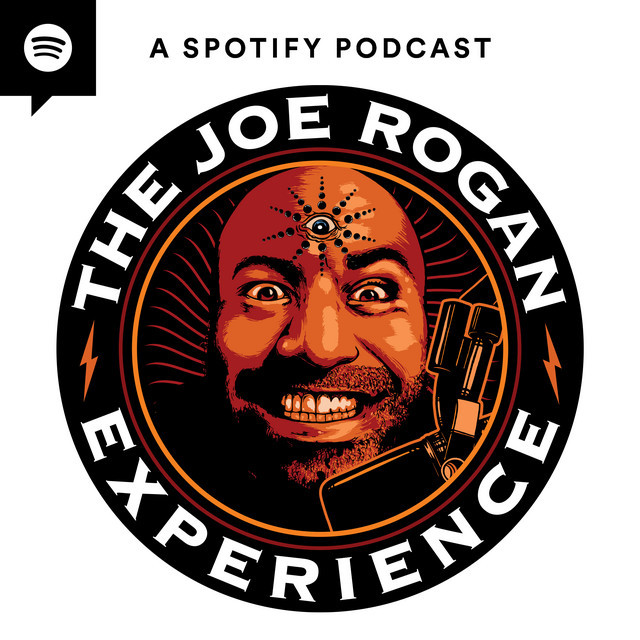3/28/2011
This podcast dives into the world of Eddie Bravo, a renowned Brazilian Jiu-Jitsu practitioner and innovator, revealing his journey from a struggling athlete to a master of grappling techniques. Provocative topics include the origins of the “Twister” submission hold, the importance of athleticism in combat sports, the allure of rock star fame, and the complex relationship between fathers and sons in the world of fighting.
Underlying themes explore the impact of natural talent versus hard work, the power of unconventional strategies in competition, the challenges of following in the footsteps of a legendary father, and the universal desire for recognition and acceptance.
Topics
-
The Invention of the “Twister”
- Eddie Bravo details how he learned the “Twister” submission hold in high school wrestling, initially known as the “Guillotine” and later adopted by Brazilian Jiu-Jitsu.
- He emphasizes his contribution to the technique’s evolution, particularly in developing effective setups and variations.
- Bravo reveals how he faced criticism and skepticism for popularizing the “Twister” as a submission hold.
- The discussion highlights the significance of innovation and adaptation within combat sports, showcasing how a seemingly simple wrestling maneuver can evolve into a powerful submission technique.
-
The Role of Athleticism in Combat Sports
- Bravo discusses his own struggles as an athlete, admitting to being a “terrible athlete” throughout his youth.
- He contrasts his reliance on technical skill with the natural athleticism of fighters like John Jones, who transitioned from wrestling to MMA.
- The conversation raises the question of how much athleticism truly matters in MMA, exploring the concept of “super athletes” who excel in various sports.
- This topic delves into the complexities of talent, training, and the specific skills required for different disciplines within combat sports.
-
The Pursuit of Fame and Recognition
- Eddie Bravo candidly shares his childhood dreams of becoming a rock star or a professional football player, revealing his aversion to traditional work.
- He discusses how his lack of natural athleticism and the realities of competition led him to abandon his football aspirations.
- This segment highlights the universal human desire for success and recognition, showcasing how early dreams can evolve and morph into new pursuits.
- The discussion also touches upon the cultural influences and societal expectations that can shape an individual’s aspirations.
-
The Complexities of Height and Attraction
- The podcast takes an unexpected turn as Eddie Bravo and Joe Rogan engage in a humorous discussion about the perceived attractiveness of tall individuals, particularly men.
- They explore the evolutionary implications of height, pondering how it might impact a woman’s perception of a potential mate.
- The conversation delves into the subjective nature of beauty and societal norms, highlighting how cultural factors can influence our preferences.
- This topic provides a lighthearted yet insightful commentary on human nature and the complexities of interpersonal attraction.
-
The Legacy of Hickson Gracie
- Eddie Bravo shares a personal anecdote about having dinner with legendary Brazilian Jiu-Jitsu practitioner, Royce Gracie, discussing fighting philosophy and the importance of space management.
- He expresses admiration for Gracie’s fighting style and legendary status within the sport.
- The discussion highlights the impact of legendary figures on the evolution of combat sports, showcasing how their techniques and philosophies continue to influence generations of fighters.
- This segment explores the concept of mentorship and the lasting influence of master fighters on their students and followers.
-
The Father-Son Dynamic in Fighting
- Bravo and Rogan discuss the pressures and expectations faced by children of famous fighters, referencing the example of Zulu’s son.
- They explore the potential for resentment and resistance when a child is expected to follow in their parent’s footsteps.
- The conversation highlights the challenges of balancing personal aspirations with family legacy, particularly in the world of combat sports.
- This segment delves into the complexities of familial relationships and the challenges of navigating expectations and finding one’s own path.
-
The History of Early MMA
- Eddie Bravo recalls the iconic “Hickson Gracie vs. Zulu” fight, a seminal event in the early days of no-rules combat.
- He describes the significance of this fight in proving the effectiveness of Brazilian Jiu-Jitsu against larger, more athletic opponents.
- The discussion highlights the historical evolution of mixed martial arts, showcasing the early battles between different fighting styles and the rise of Brazilian Jiu-Jitsu as a dominant force.
- This segment provides a historical perspective on the development of MMA, showcasing the impact of key events and individuals in shaping the sport.
Memorable Quotes
- “I’ve never been a great athlete. I had to rely on using my legs and I thought, you know, they came to me, Jesse came to me and I go, ‘Dude, you’ll be perfect for this.’ You know, because they knew I’d just get smashed if I tried to go heads up with people.” – Eddie Bravo, describing his reliance on technique over natural talent.
- “Work like, actually, like, killed me inside. So it drove my artistic side.” – Eddie Bravo, revealing his aversion to traditional work and his pursuit of creative outlets.
- “You gotta have some serious skills and serious magic. Yeah. He could’ve just been a really strong athletic guy.” – Joe Rogan, emphasizing the importance of skill and technique in combat sports.
- “You know what I mean? They would also worry, I think, evolutionarily about that is this real? Is that a real word? About the baby getting too big inside of them. I get stuck coming out of their pussy and just blow it all out.” – Joe Rogan, humorously discussing the potential complications of tall individuals having children.
- “He’s into it, you know? We’re watching all these fights, and he’s breaking the shit down. And he we watched the funaki fight.” – Eddie Bravo, describing his experience watching fights with Royce Gracie and discussing fighting philosophy.
